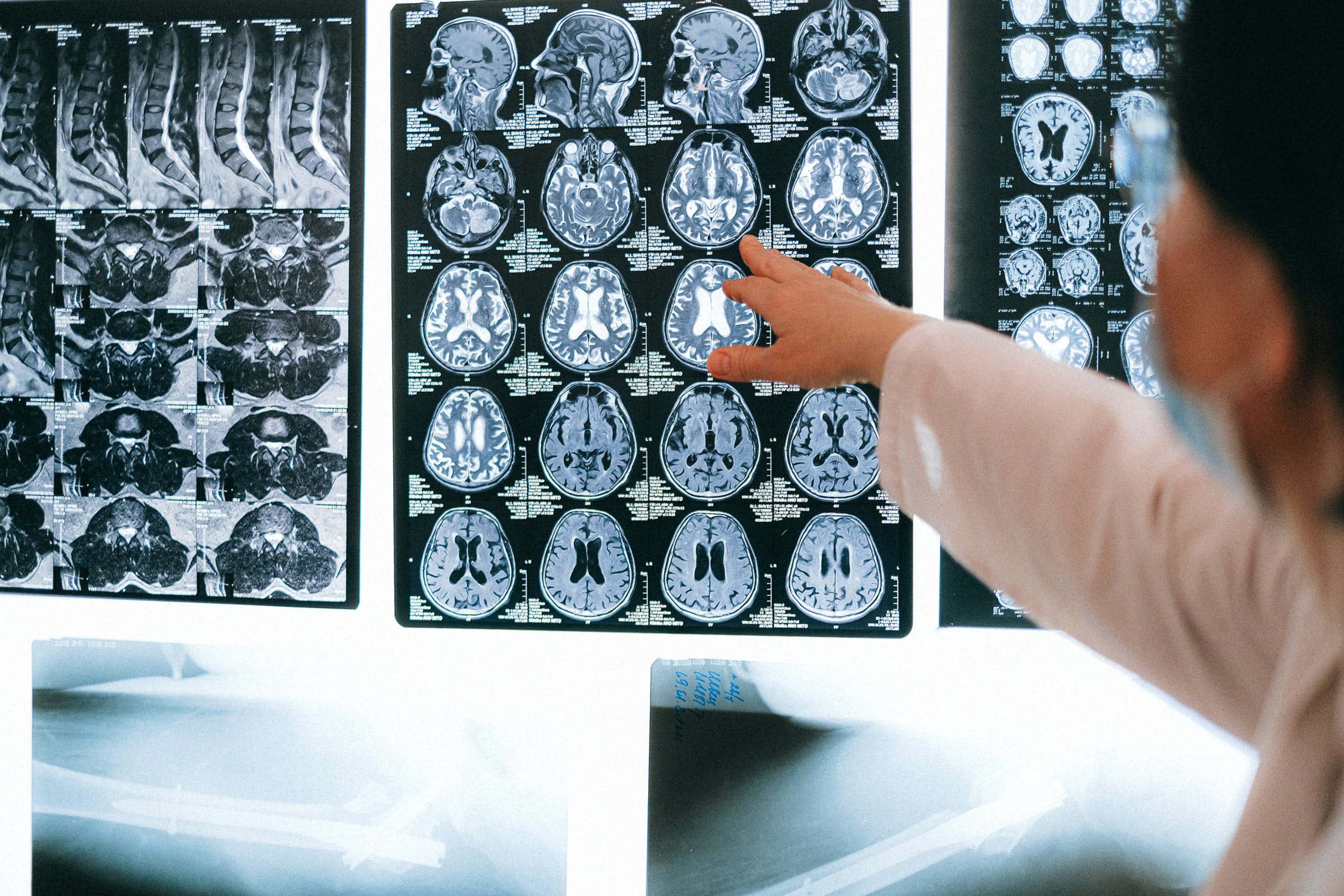
|
(519) 742-7774 Free initial Consultation Home and Hospital Visits Available |
|||
There are More Signs of Brain Damage in People with Severe Covid-19 than in Alzheimer’s Patients |
|
February 08, 2022, Kitchener, Ontario Posted by: Robert Deutschmann, Personal Injury Lawyer
Two years into the global COVID pandemic we are learning more about the long-term impacts of the virus. In this case, it’s for those who were unfortunate enough to have severe SARS-CoV-2.
What Are COVID Symptoms?
|
|
| Posted under COVID
View All Posts |
|
About Deutschmann Law Deutschmann Law serves South-Western Ontario with offices in Kitchener-Waterloo, Cambridge, Woodstock, Brantford, Stratford and Ayr. The law practice of Robert Deutschmann focuses almost exclusively in personal injury and disability insurance matters. For more information, please visit www.deutschmannlaw.com or call us at 1-519-742-7774.
|
|
Contact us for a
free initial consultation |
Personal Injury Blog
Connect with us
Deutschmann Law concentrates its practice in matters concerning car accidents, motorcycle accidents, pedestrian accidents,bicycle accidents, catastrophic injury, serious injury, brain injury, spinal cord injury and disability insurance claims. Serving Kitchener, Waterloo, Cambridge, Brantford, Ayr, Woodstock, Guelph, Milton, Elmira, Tavistock, Tillsonburg, Ingersoll, Norwich, Elora, Fergus, New Hamburg, Ontario and surrounding areas. “Deutschmann Law Professional Corporation” is practicing under the name Deutschmann Law. © 1998 - 2024 Deutschmann Law Accident, Injury Lawyers and Disability Lawyer Site Map Disclaimer Website by We Think Solutions Full Site | Mobile Site |

